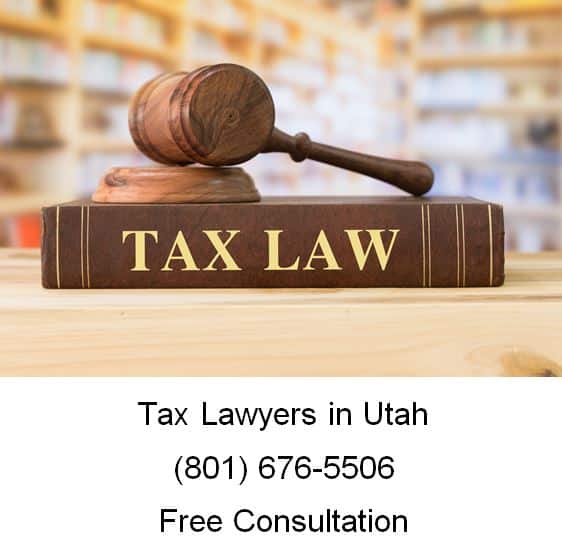
I’ve seen a lot asinternational tax attorney, one thing is tax evasion. The IRS recognizes two types of tax evasion: evasion of assessment and evasion of payment. If a person transfers assets to prevent the IRS from determining their true tax liability, they have attempted to evade assessment. If a person hides their assets after a tax becomes due and owing, an attempt to evade payment has occurred.
The taxpayer must perform some action that is focused on defeating the assessment of a tax. Requires more than a proof of negligence. An intentional under-reporting qualifies as an attempt to evade.
Affirmative acts to evade payment generally involve concealment of money or assets with which the tax could be paid. Such an act could also take the form of removing the assets from the reach of the IRS, such as in a foreign bank account. Simply failing to pay taxes owed, is not evasion of payment. An example of evasion of payment is concealing assets in a family member’s bank account.
Having errors on your return or unpaid taxes is not enough for a finding of tax evasion. The federal rules state that a person with a tax deficiency is guilty only when there’s an affirmative act to evade the assessment or payment of taxes. Plus, that affirmative act must be intentionally performed.
Here are some actions that federal courts have found to be tax evasion:
• Filing a false return
• Keeping a double set of books
• Making false invoices
• Concealing sources of income
• Destruction of records
• Holding property in another person’s name
• Overstating deductions
The crime of tax evasion is a felony, regardless of the amount owed. Cheating on a small scale does not make the crime any less serious. For a conviction, the United State Attorney must prove beyond a reasonable doubt every element of the offense.
The two forms of tax evasion share the same basic elements:
1. An attempt to evade assessment, or the payment of a tax: The taxpayer must have performed an “affirmative act” to evade assessment or payment of a tax. This means the government must prove you intentionally did something to avoid your taxes.
2. A tax is due and owing: You can’t be found guilty of evading taxes that you don’t legitimately owe. The government has the burden to prove that a tax is owed.
3. Willfulness: This is the voluntary, intentional violation of a known legal duty. The taxpayer’s good faith belief that no tax law violation has occurred is not a defense.
Tax evasion is punishable by up to five years in prison, a fine of as much as $250,000, in addition to the payment of any taxes owing. Here are some common criminal penalties for specific types of tax evasion:
• Not Filing a Return: This offense that generally carries civil tax penalties. In extreme cases, there can be up to one year in prison and $100,000 in fines for each tax year not filed.
• Filing a Fraudulent Return: A criminal felony that carries up to 3 years in prison and $100,000 in fines.
• Misrepresent or Conceal Financial Information: A criminal felony with a maximum penalty of 5 years in jail and $100,000 in fines.
• Failing to Pay Taxes: A felony offense with penalties of up to 3 years in prison and $250,000 in fines.
IRA Lawyer Free Consultation
If you are here, you probably have a tax law issue you need help with, call Ascent Law for your free tax law consultation (801) 676-5506. We want to help you.
8833 S. Redwood Road, Suite C
West Jordan, Utah
84088 United States
Telephone: (801) 676-5506
Recent Posts


